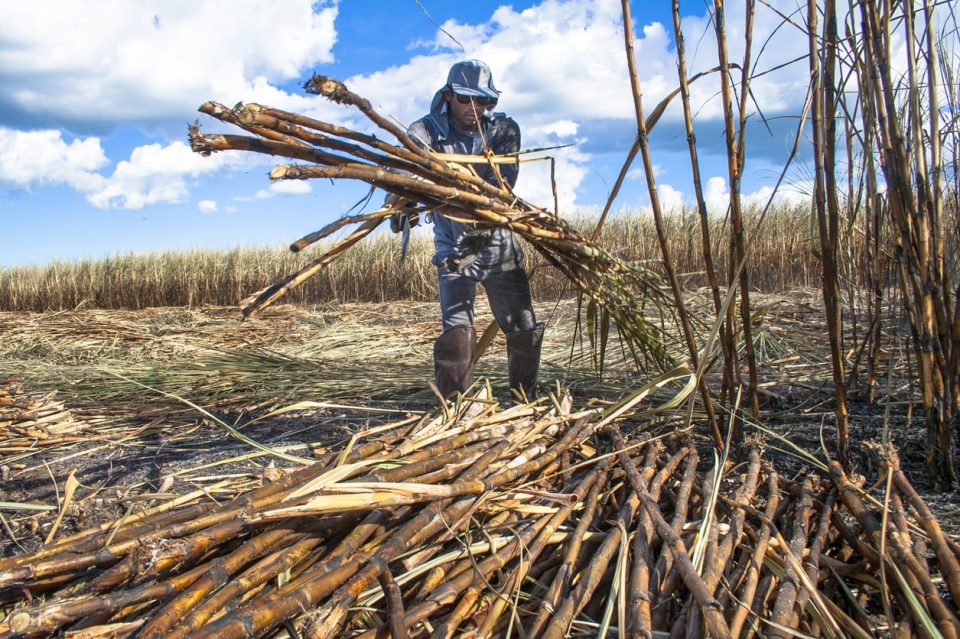Thailand’s sugar cane production is anticipated to rise in the 2024-25 crop year due to increased rainfall, but farmers will face strict regulations regarding the burning of harvested cane, according to the Office of the Cane and Sugar Board (OCSB).
Authorities had previously ordered the temporary closure of a sugar mill in Udon Thani after it purchased more burned sugar cane than the government-mandated limit, aimed at reducing burning practices linked to the emission of PM2.5 ultra-fine dust.
For the upcoming 2024-25 crop year, sugar cane production is expected to reach 90 million tonnes, resulting in an estimated 11 million tonnes of sugar output, as stated by Samart Noirun, deputy secretary-general of the OCSB.
In contrast, the 2023-24 crop year saw sugar cane production at 83 million tonnes, largely due to drought conditions, yielding about 9 million tonnes of sugar.
“With increased rainfall, the soil is being replenished with moisture and nutrients, making it ideal for farming,” remarked Mr. Samart.
As of January 22, global sugar prices stood at 17 cents per pound, down from 22 cents in 2024, according to the OCSB. The declining prices may lead sugar manufacturers to scale back production.
Analysts predict that global sugar prices will be influenced by an increase in refined sugar supply from India and Australia. India has already begun its sugar cane crushing process, while Australia is set to commence its crushing season shortly.
Thai sugar mills have been processing cane purchased from farmers since last month, amid state checks to determine whether the crops are burned or fresh.
The practice of harvesting sugar cane through cutting is labor-intensive, prompting many farmers to resort to burning. This method deteriorates air quality during the cooler season, contributing to rising PM2.5 levels.
To address the issue of PM2.5 emissions and protect Thai sugar exports from global scrutiny regarding carbon emissions from cane burning, the Industry Ministry aims to reduce the incidence of burned sugar cane.
The OCSB is evaluating a proposal to implement a carbon tax on sugar manufacturers to discourage them from sourcing burned sugar cane, aligning with a climate change bill set to take effect this year.
Currently, approximately 7 million tonnes of sugar cane, or 17.8% of total output, is harvested by burning, with this practice reportedly more prevalent in Udon Thani and Khon Kaen compared to other provinces.





